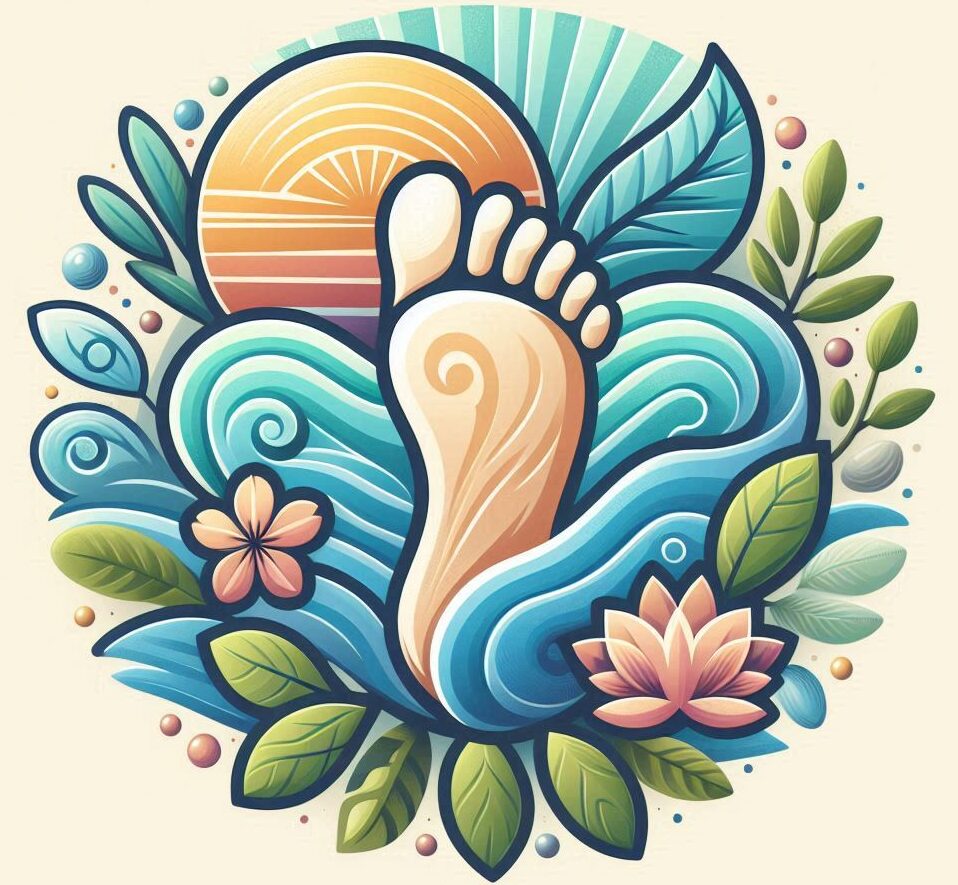A simple definition of Reflexology is that ” it is the science that deals with the principle that there are reflex points on the feet and on the hands that correspond to all glands, organs, and parts of the body”.
When a ‘reflex area’ is worked, it elicits a spontaneous, physiological response to the corresponding area in the body.
Reflexology is a practice that has been around for centuries, praised by many for its relaxing and restorative benefits. One interesting area where reflexology is getting a lot of attention lately is its positive impact on sleep quality.

Understanding Reflexology and Sleep Health
As one of the main benefits of Reflexology is that of relieving stress and tension, lots of people turn to reflexology for relaxation.
Sleep issues are a common concern for people; and whether it’s trouble drifting off or constantly waking up; sleep issues can sap your energy and affect your mood in a big way. By giving attention to certain reflexes on the foot that assist with balancing sleep and relaxation, reflexology may offer a safe hands-on way to towards a more restful state. It is also a gentle tool for people who wish to use a more natural approach for achieving a better sleep.
How Reflexology Works for Sleep
Here’s a look at how reflexology can help support a better sleep:
- Encouraging relaxation: By working reflex points that can help promote relaxation in the body, reflexology may facilitate achieving a state of relaxation that can be compared to the one experienced just before falling asleep.
- Improves Circulation: Reflexology therapy can increase blood flow which can lead to improved amounts of oxygen, and nutrients, being distributed throughout the body. This may ultimately lead to a release of tension being held within the body, and therefore promote relaxation.
- Balances Hormones: By working reflexes associated with glands like the pituitary and pineal (linked to melatonin production), reflexology may assist the body in regulating its natural sleep patterns.
- Relieving stress and tension: Through working various reflex points, reflexology therapy can have an affect on the parasympathetic nervous system. This can invoke relaxation, tension release, and invite the body to wind down.
Frequently Asked Questions
Question: Can reflexology help with insomnia?
Answer: Regular reflexology therapy sessions can assist with relaxing the body and mind, which may lead to the easing of sleep disturbances. Reflexology is also a good therapy to add along with other healthy lifestyle changes such as regular physical activity, meditation, and stress relief practices.
Question: How soon can I expect results from reflexology for sleep?
Answer: Some people feel benefit after just one session, for others it may take a few sessions to notice relief in their sleep patterns.
Final Thoughts
By receiving reflexology therapy sessions, you have nothing to loose and everything to gain. When it is performed by a professional Certified Reflexologist, it is a safe and holistic practice that that often leads to improved overall wellbeing.
